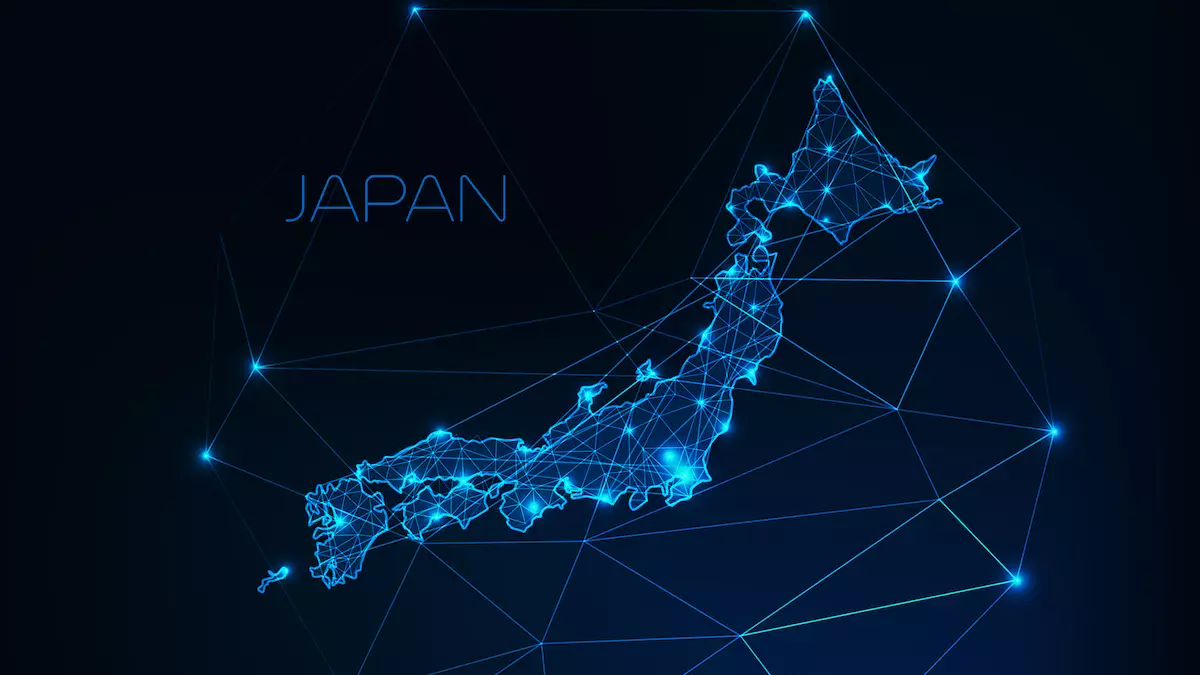In a recent announcement, Takeru Saito, Japan’s Minister of Economy, Trade, and Industry, unveiled tax reforms aimed at fostering the growth of startups in the Web3 and blockchain sectors. This move signals Japan’s commitment to supporting Web3 innovation and creating a conducive environment for technological advancements. The reforms were introduced during the WebX Conference, Tokyo’s premier event dedicated to cryptocurrencies, where Saito emphasized the government’s dedication to fostering innovation in the country.
Prime Minister Fumio Kishida envisions the integration of Web3 and blockchain technologies into Japan’s economic and social development strategies. He has referred to this initiative as “new capitalism” and views these emerging technologies as powerful tools that could help address critical social issues facing the nation. Kishida’s cabinet has outlined a comprehensive Web3 strategy designed to attract international businesses and developers, positioning Japan as a global hub for Web3 advancements.
Japan’s embrace of Web3 technology extends beyond economic growth to addressing significant social issues, particularly in rural areas. An exemplary case is the Neo-Yamakoshi project in Niigata, which leverages blockchain and non-fungible tokens (NFTs) to revitalize communities grappling with demographic decline and economic stagnation. The project, founded in 2021, introduced the Nishikigoi NFT collection inspired by colorful koi fish, serving as digital identifiers and governance tokens for the project’s residents.
Japan’s proactive stance on Web3 and blockchain technology stands in stark contrast to the regulatory approach in the United States. While Japan is working to create an innovation-friendly environment and leverage blockchain technology to address social problems, the U.S. has taken a more conservative and protective stance. A recent example is the U.S. Securities and Exchange Commission (SEC) issuing a Wells notice to Opensea, a leading NFT marketplace, indicating potential enforcement action against the platform.
By implementing tax reforms and infrastructure development to support the Web3 revolution, Japan is positioning itself as a key player in the global innovation landscape. The country’s openness to adopting new technologies and exploring their potential benefits sets it apart from other nations grappling with regulatory challenges. Japan’s embrace of Web3 and blockchain technology could be a defining factor in how countries navigate the future of blockchain and digital assets.
Japan’s support for Web3 innovation, coupled with its proactive approach to integrating blockchain technology into various sectors, highlights the country’s commitment to driving technological advancement and addressing societal challenges. As Japan continues to position itself as a hub for Web3 development, its contrasting stance with the U.S. underscores the divergent approaches to embracing emerging technologies. With a focus on innovation and collaboration, Japan is poised to play a pivotal role in shaping the future of Web3 and blockchain technology on a global scale.

